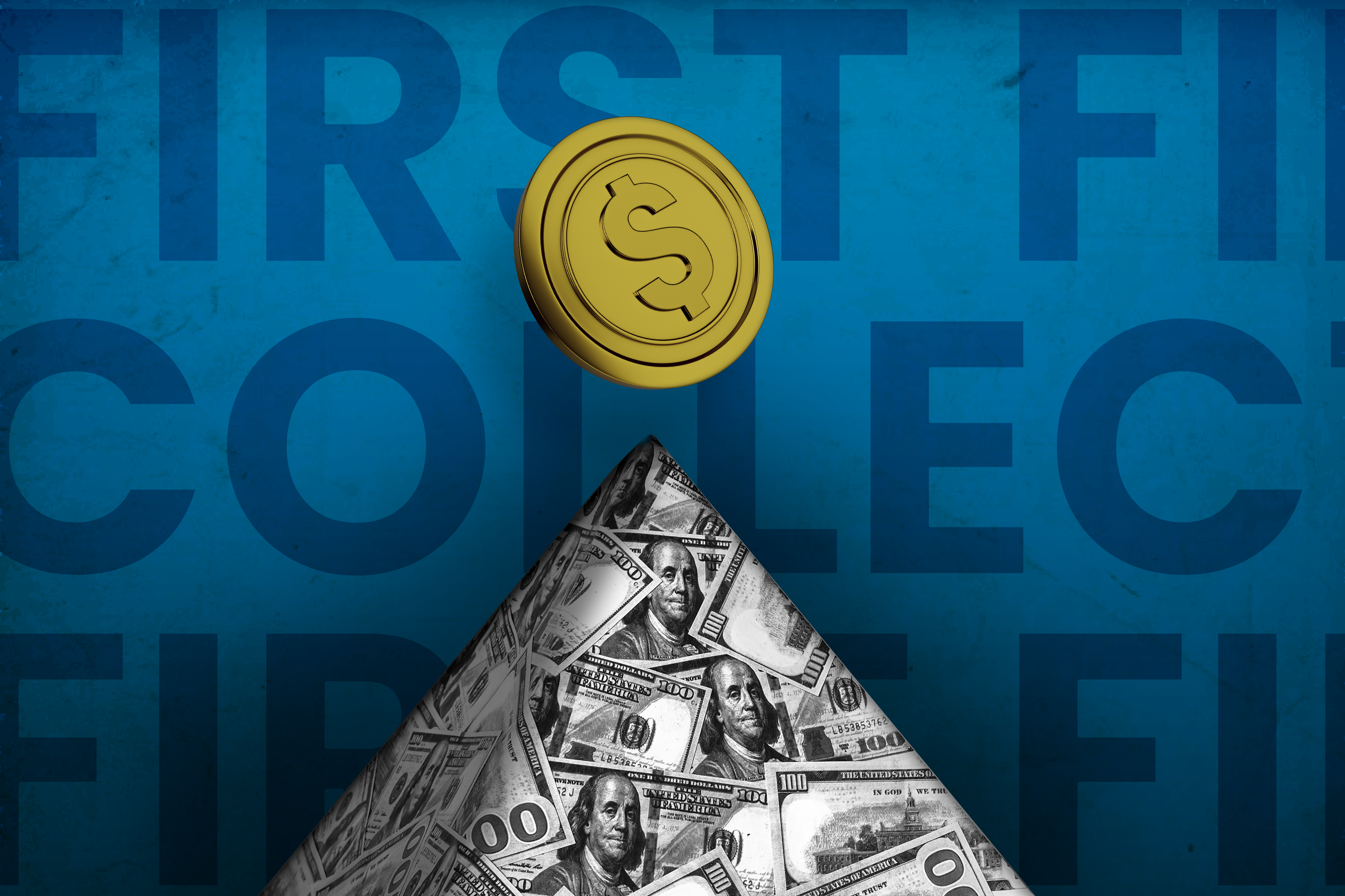Almost everyone has been in a situation where they’re behind on their bills. And, if you haven’t been in that situation, then you probably know someone who has. When you’re behind on your bills, it seems like the whole world is closing in on you. You don’t know how you’re going to make ends meet, let alone pay all of your bills. One option that people often turn to in this situation is hiring a debt collecting agency.
However, what many people don’t realize is that there can be some significant costs associated with hiring a debt collecting agency. In this blog post, we’ll take a look at the true cost of hiring a debt collecting agency. By understanding these costs, you can make an informed decision about what’s best for your business.
What Is A Debt Collection Agency And What Do They Do
A debt collection agency is a company that specializes in collecting a debt. This can include debt that is owed to businesses, government agencies, or individuals. Debt collection agencies usually work on a commission basis, meaning they only get paid if they can collect the debt. In order to collect the debt, debt collectors may use a variety of methods, including calling the debtor, sending letters, or even making personal visits. If a debt collector is unable to collect the debt after multiple attempts, they may sell the debt to another collection agency or resort to other means, such as legal action. Regardless of the method used, debt collectors must always operate within the bounds of the law.
How Much Does It Cost To Hire A Debt Collection Agency
debt collection agencies typically work on a contingency basis, meaning they only get paid if they are successful in collecting the debt. Debt collection agencies typically charge a percentage of the debt they collect, plus any additional fees. The average debt collection rate is between 15% and 25%. This means that on a $1,000 debt, you can expect to pay between $150 and $250 to the debt collection agency. However, some debt collection agencies charge a flat fee, which can be more or less expensive depending on the size of the debt. In addition, some debt collection agencies work on an hourly basis, which can also vary depending on the size of the debt and the amount of work required.
How The Agency Will Affect Your Credit Score
Debt collection agencies can have a negative effect on your credit score. If you have outstanding debts that are turned over to a debt collection agency, the debt will show up on your credit report. This can lower your credit score and make it harder for you to get approved for loans or other forms of credit. In addition, debt collection agencies may also report the debt to the credit bureaus, which could further damage your credit score. If you’re trying to improve your credit score, it’s important to avoid debt collection agencies. Pay off your debts as soon as possible and try to negotiate with creditors before they turn your debt over to a collection agency.
What To Expect When You Hire A Debt Collection Agency
Hiring a debt collection agency can be an effective way to collect on unpaid debt. However, it is important to understand how the process works and what to expect before you hire an agency.
Most debt collection agencies will first send a written notice to the debtor, demanding payment. If the debt is not paid within a certain period, usually 30 days, the agency may then begin calling the debtor. The frequency and hours of these calls will vary depending on the agency, but they will typically try to reach the debtor multiple times per week.
If the debt remains unpaid, the agency may take more aggressive actions, such as filing a lawsuit or garnishing wages. However, these actions will only be taken after numerous attempts to collect payment have failed. By understanding the process and what to expect, you can make sure that you are prepared when you hire a debt collection agency. This will help ensure that you can successfully collect on your debt.
The Risks Of Working With A Debt Collector
When you owe money to a creditor, you may eventually be turned over to a debt collection agency. These agencies are in the business of collecting debt, and they often use aggressive tactics to get people to pay what they owe. Unfortunately, these tactics can sometimes cross the line into illegal behavior. debt collectors may not threaten you with violence, use obscene language, or make repeated phone calls in an attempt to harass you.
They also may not falsely claim that you have committed a crime or mislead you about their identity. If a debt collector engages in any of these prohibited practices, you may have grounds for a lawsuit. Additionally, debt collectors may not try to collect more money than you owe, and they are required to provide you with information about your debt if you request it. If you believe that a debt collector has violated the law, you should contact an attorney.
You now know what a debt collection agency is, how much it costs to hire one, and how to find the best one for your needs. However, you should also be aware of the risks associated with working with a debt collector before making any decisions. Debt collectors can help get money back that you are owed, but they can also do significant damage to your credit score and relationship with creditors. It is important to weigh all of the pros and cons before deciding whether or not to work with a debt collection agency.




